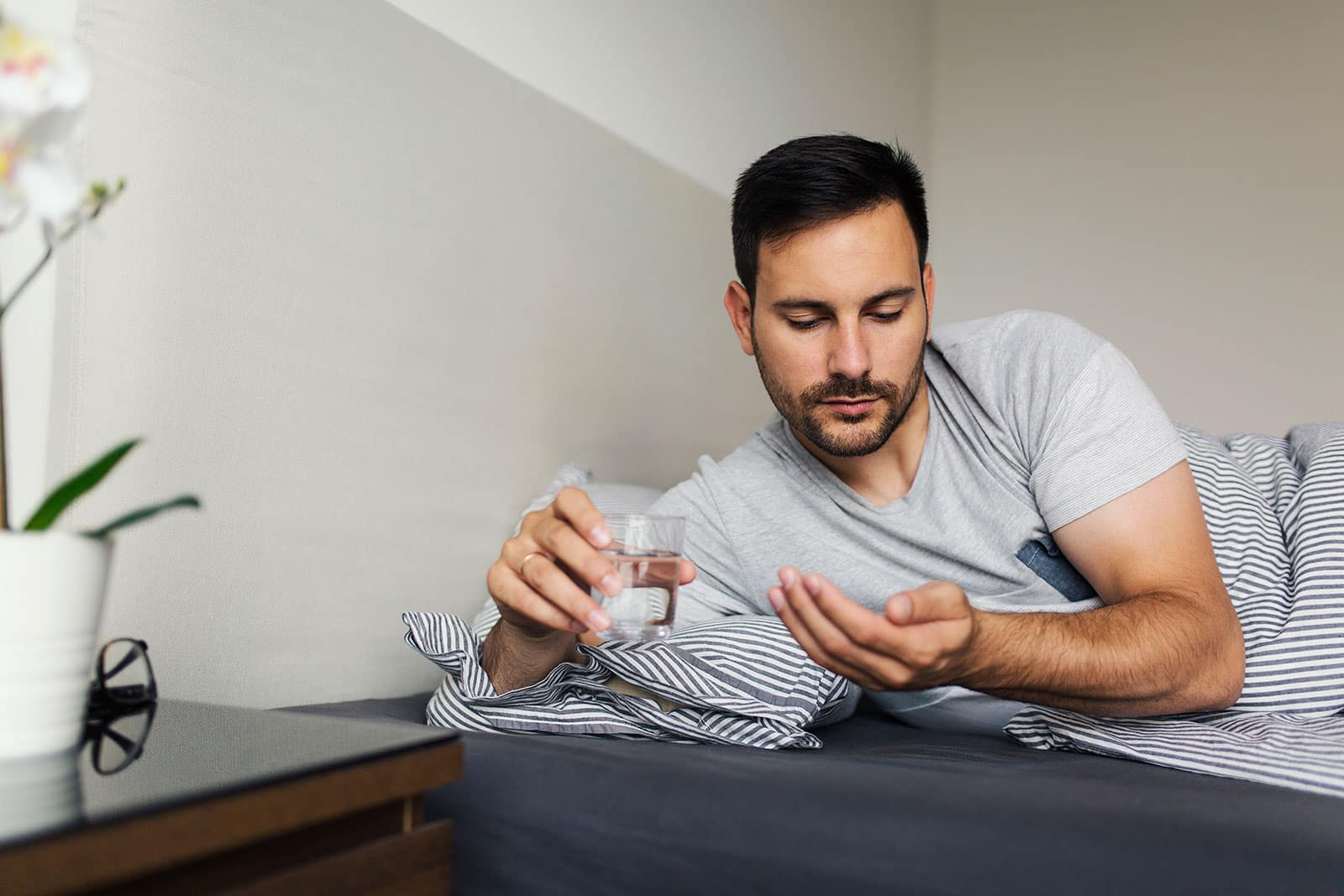Drug tests are commonly used in workplaces, sports teams, and other areas to determine if an individual has been using prohibited or illegal drugs and is a prevention technique used to promote a drug-free workplace. Employers can test employees for alcohol and other drug use as part of an annual physical examination. A positive drug test could prevent you from getting a job or result in the loss of employment. It may result in getting kicked off a sports team or suspension. These and other serious ramifications can dramatically impact your life. With so much riding on the results of your next drug test, you understandably want to be fully prepared.
Table of Contents
How to Prepare for a Drug Test
In some cases, random drug testing is becoming more common in the workplace, and there is nothing that you can do to prepare for them. However, when a drug test is announced ahead of time, you could take several steps to prevent a positive test result. First, you should learn more about the testing procedures. Specifically, will the test require a blood, sweat, hair, or urine sample? What drugs are being tested for? These tests commonly screen for marijuana use, phencyclidine, opiates, opioids, cocaine, and amphetamines. However, some tests may be more advanced and may also screen for benzodiazepines, hydrocodone, alcohol, MDMA, barbiturates, and other substances.

It is best to avoid using these substances altogether. If you use them, you should stop as soon as you know of a planned drug test. Some of these substances may be detected by drug tests for days, weeks, or more after the last use. Depending on the drug test being used, consuming more water may help flush the substance out of your system. However, this is minimally effective at best.
Medications That Can Cause a False Positive on a Drug Test
Some people may take certain medications that could trigger a false positive on a hair, mouth swab and urine drug test. These include both over-the-counter and prescription medications. For example, over-the-counter cough suppressants containing dextromethorphan, including Delsym and Robitussin, may falsely indicate a positive result for PCP on a urine test. Diphenhydramine, which is a common over-the-counter allergy medicine, may trigger a false positive for both PCP and opiates. Sudafed and other sinus medications containing pseudoephedrine may produce a false positive test result for methamphetamine or amphetamine. Phentermine, a weight loss drug, can also falsely produce a positive indication for amphetamine use. Even NSAIDs, such as Motrin, Aleve, Advil, and others, may produce a false positive test result for THC, cannabis or barbiturates.
Many prescription medications can yield false positives as well. The sleeping pill trazodone can give a false positive for methamphetamine or amphetamine use. Antidepressants, such as Effexor XR, Pristiq, Sertraline, and Wellbutrin, can yield positive drug test results for various illegal substances. If you take the antipsychotic Seroquel, you may receive a false positive test result for methadone. Proton pump inhibitors, which are used to treat heartburn and acid reflux, may produce a false positive for THC. Some of the other medications that could yield false positives for various illicit substances are quinolone antibiotics and promethazine.

Before you submit your required samples for drug screening, it is important that you disclose a complete list of all medications that you have taken recently. Remember that some of these substances may still be detectable in your system for weeks after the last use. There are different types of drug tests that can be used. More sophisticated, sensitive tests can be used to detect forbidden substances. These include the high-performance liquid chromatography test and gas chromatography-mass spectrometry. The test administrator can determine the right test to use based on the medications that you have been using.
The Best Defense for a Positive Drug Test
If you are concerned about failing a scheduled drug test or if you have been surprised by an unannounced drug test, you understandably may be wondering how you should respond when the results arrive. After all, a positive drug test may impact your ability to work and other important aspects of your life. There are many common excuses that have been used over the years, and some are more effective than others. Many private employers are usually willing to assist their employees with drug or alcohol rehabilitation.
For example, some people may state that they inhaled second-hand marijuana smoke or kissed someone immediately after they smoked. They may say that eating poppy seeds, taking natural supplements, or even using lotions and shampoos resulted in a false positive result. A claim that a prescription drug prescribed appropriately by a doctor or for someone in the home could be common. Some people may even claim that the lab mixed up specimens.

If you feel certain that a mistake has been made, it is crucial to request a retest. If a retest request is approved, one of the more advanced testing methods may be used. These include high-performance liquid chromatography and gas chromatography-mass spectrometry.
On the other hand, if your positive drug test result is legitimate, this is a sign that you may have a drug dependency or addiction. In some workplaces and schools, the written policy may be to always terminate the relationship. However, in other venues, there may be leniency. For example, you may be able to return to your work position or to your place on the team after completing a drug rehabilitation program and agreeing to take regular drug tests in the future. Being honest about the situation can be challenging, but it may yield the best results for you in the long run.
How to Dispute a Positive Drug Test
If you have used illicit drugs at any time in the last few weeks or longer, you may not be surprised to learn that you have failed your drug test. Likewise, if you used a medication that is known to cause a false positive, you may expect to receive bad news when your test results arrive. Some people will go to great lengths to try to cleanse their bodies of concerning substances before the test. There are many homemade concoctions and products available that claim to produce results. Unfortunately, many of these do not generate the desired results. The best idea is to avoid using substances that may impact your drug test results.
If your positive drug test is based on a legitimate reason, you should be forthright about the reason as soon as possible. In fact, if you believe that something you may have used or ingested could cause a false positive, this should be disclosed when possible. If necessary, ask for a second test that supports your claim.

On the other hand, if your positive drug test is based on the use of banned or illegal substances, you should not try to make ineffective excuses. Many workplaces and schools have a zero-tolerance policy. You likely were aware of that policy before using the substances, so an excuse will not suffice in this situation. You must live with the consequences of your actions.
In some venues, however, there may be more leniency as long as you show initiative to overcome your addiction. Demonstrating your desire to go clean does not start with making an ineffective excuse. It starts by acknowledging your situation and requesting support. While taking an open, honest approach in both of these situations is important, this is only the first step. Seeking drug addiction treatment and moving toward a sober lifestyle is essential and may help you to avoid being in this situation in the future.
Explore Your Treatment Options Today
At Recreate Life Counseling, we know how devastating a failed drug test can be to your life. Substance abuse and addiction can have harsh effects on your employment, your personal life, and other important areas. Our compassionate, experienced team provides effective drug addiction treatment. We can support you on your journey to sobriety and help you to lead the life you want. Contact Recreate Life Counseling for a private consultation to learn more about your addiction treatment options.
FAQ
Can I sue for a false positive drug test?
What is the best defense for a positive drug test?
How do you dispute a false positive drug test?
Published on: 2022-09-14
Updated on: 2025-04-29



